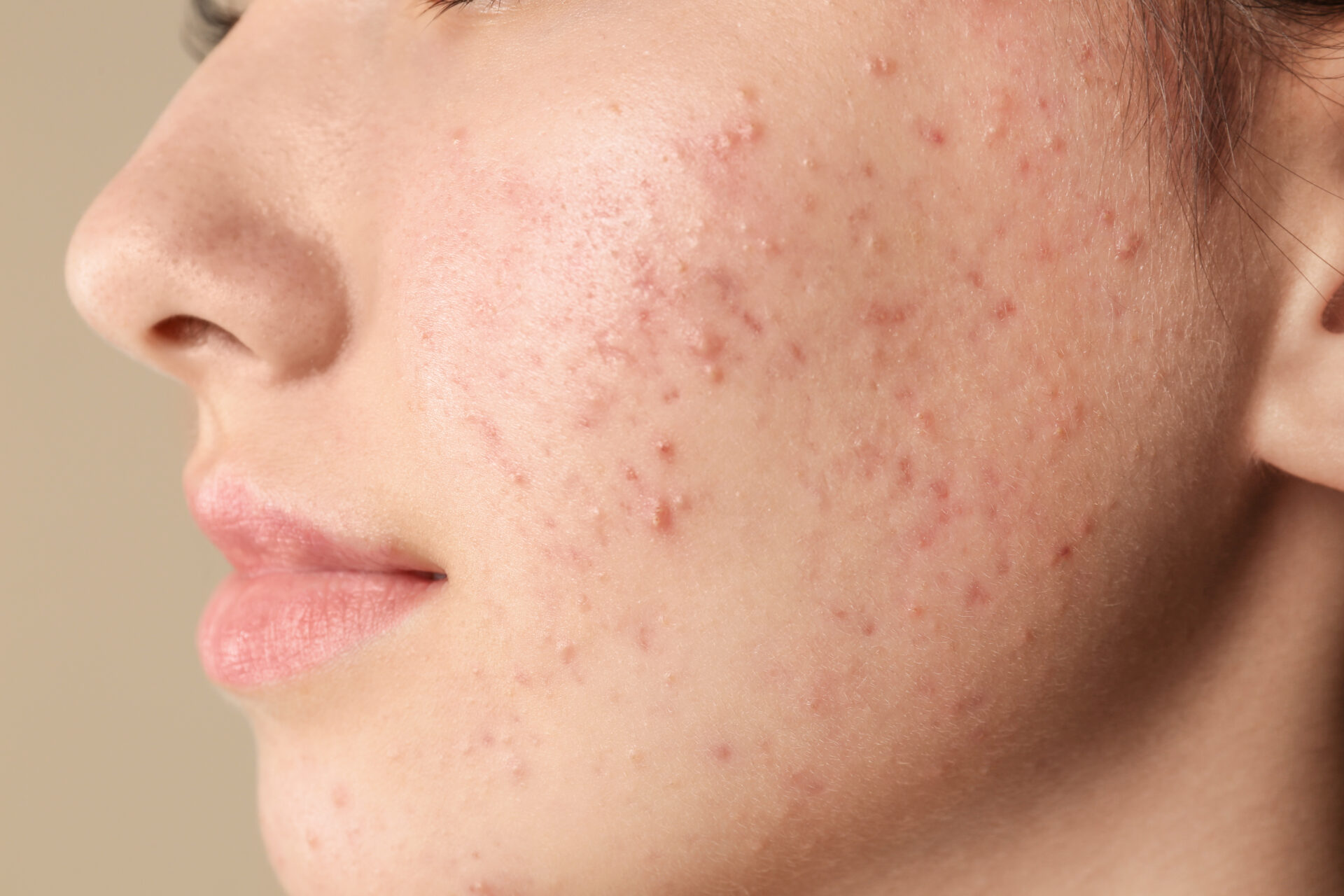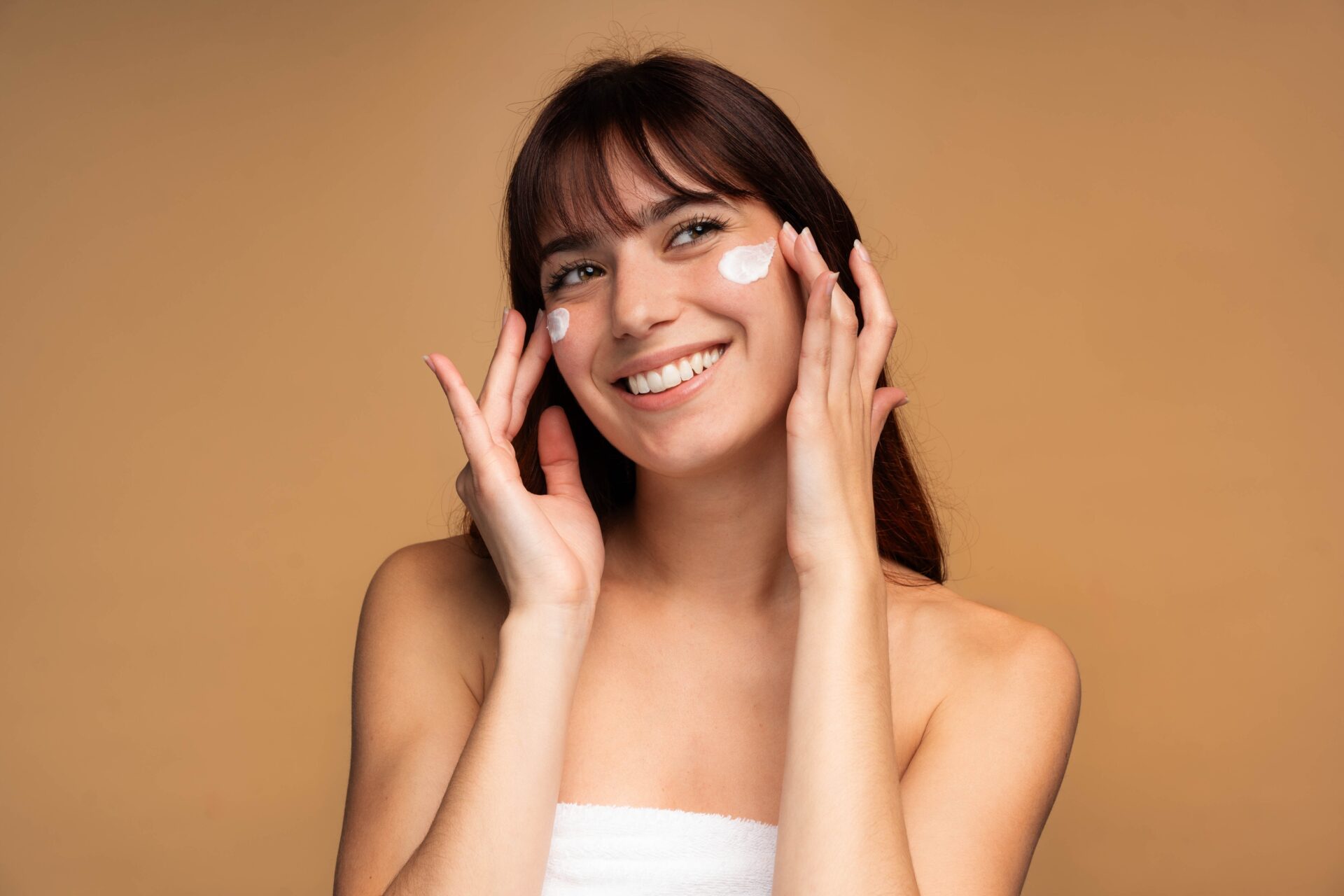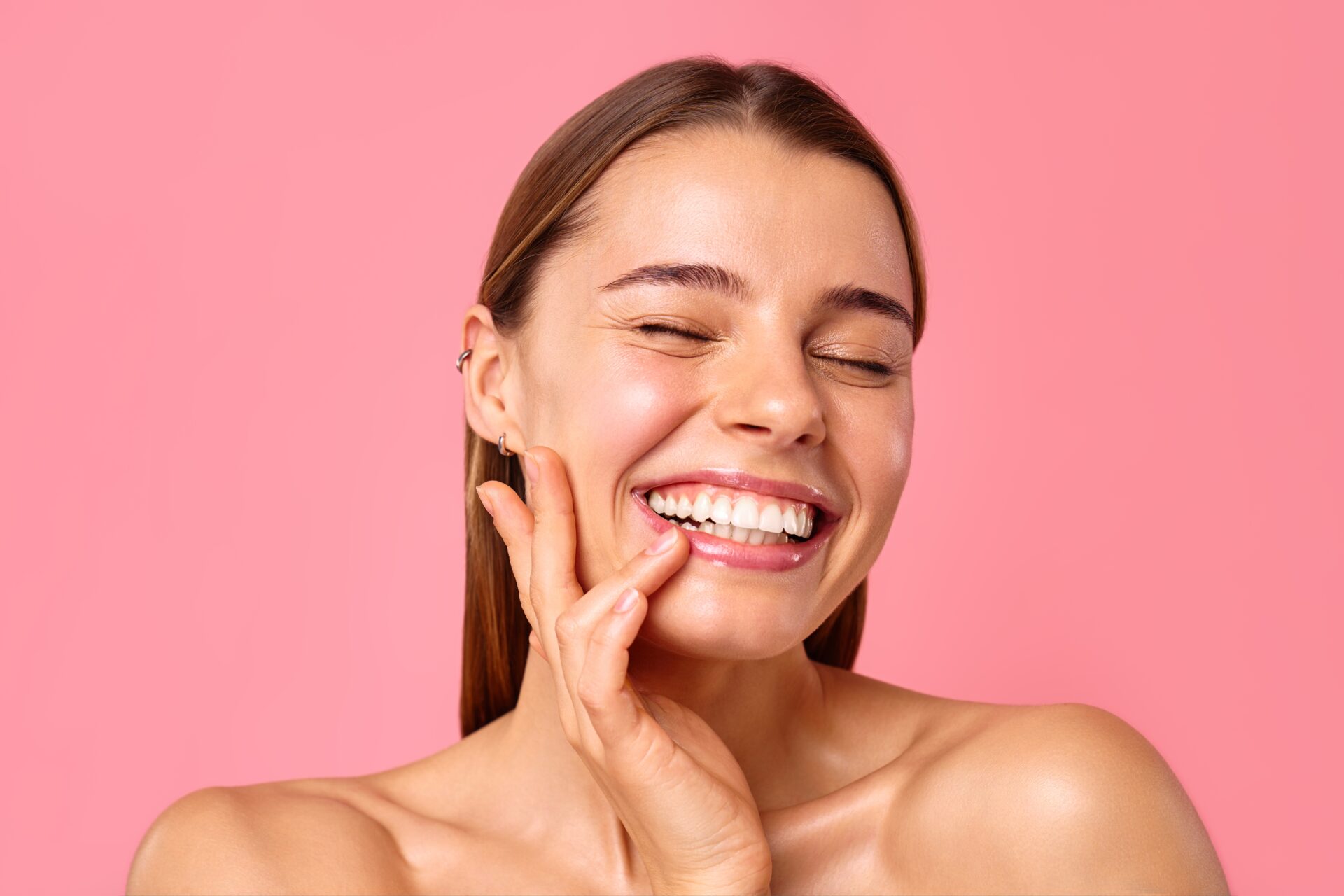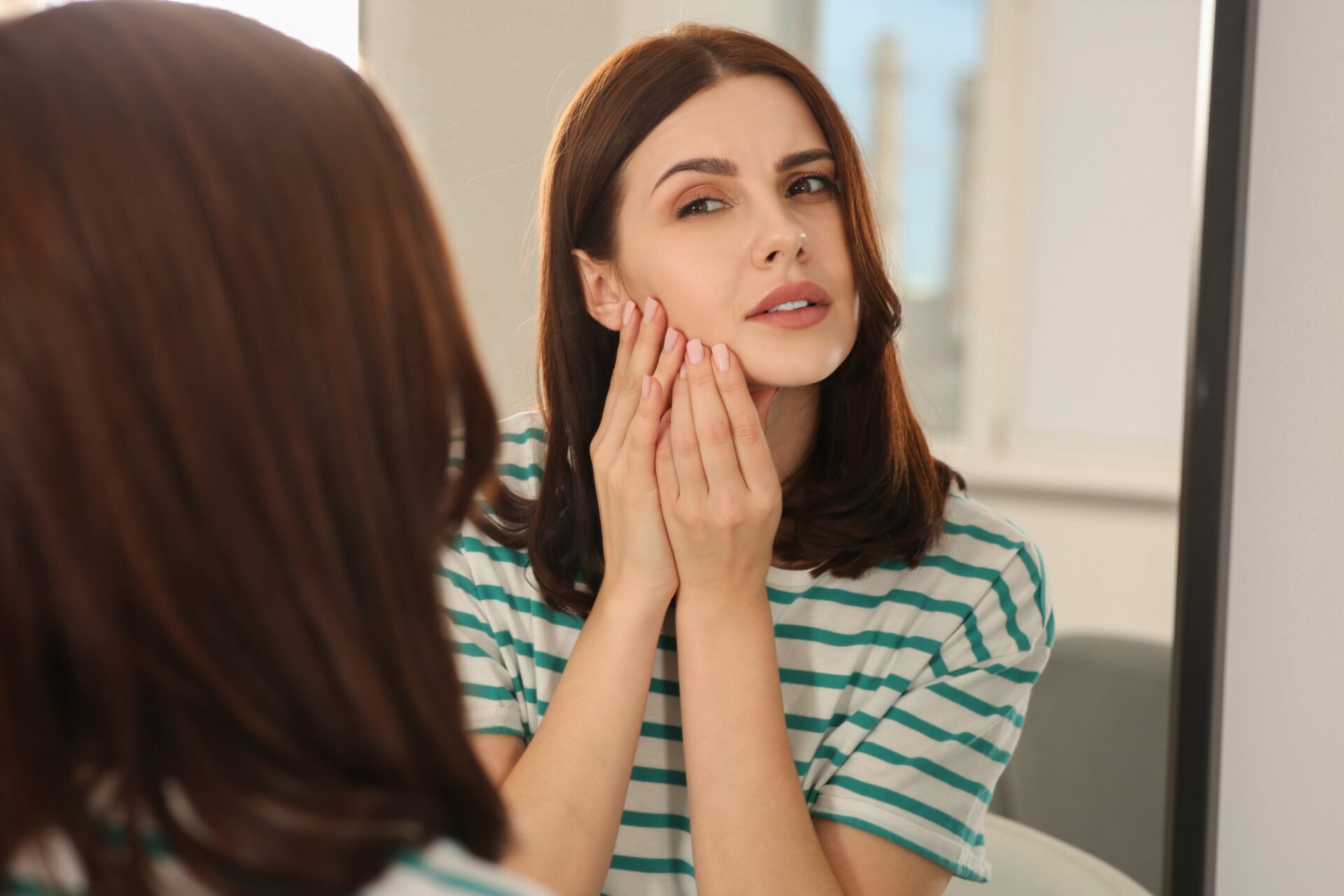If you struggle with acne breakouts, you may have wondered whether a regular facial would help or potentially worsen your skin condition. Many people with acne-prone skin hesitate to book facial treatments due to concerns about aggravating existing blemishes or triggering new breakouts.
However, specialized facials designed specifically for acne-prone skin can be highly beneficial when performed by trained professionals. Keep reading to learn how skin professionals differ facials for patients with acne-prone skin!
What Is a Basic Facial?
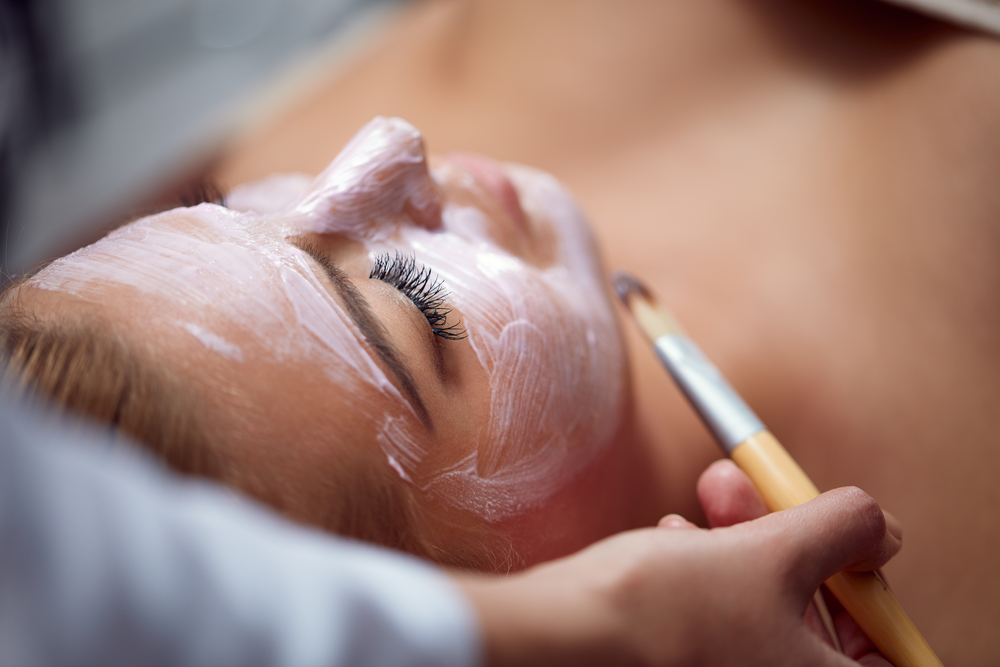 A basic facial typically focuses on cleansing, exfoliating, and hydrating the skin to improve its overall appearance and health. These treatments are designed for maintenance and general skin health, often incorporating relaxation elements like massage.
A basic facial typically focuses on cleansing, exfoliating, and hydrating the skin to improve its overall appearance and health. These treatments are designed for maintenance and general skin health, often incorporating relaxation elements like massage.
Standard facials usually include deep cleansing, gentle exfoliation, steam, extractions of non-inflammatory comedones, facial massage, a mask, and moisturizer. The primary goal is to refresh the skin, remove surface impurities, and provide a healthy glow rather than addressing specific skin conditions.
What Makes an Acne Facial Different?
Acne facials are specifically designed to address the unique needs of acne-prone and oily skin types. These specialized treatments focus on deep cleansing, controlling oil production, and reducing inflammation associated with acne breakouts.
Dr. Andrew Menkes, board-certified dermatologist at The Menkes Clinic, a Golden State Dermatology affiliate, explains the importance of specialized approaches for acne-prone skin:
“Acne facials differ fundamentally from basic facials in both their ingredients and techniques. We carefully select anti-bacterial and anti-inflammatory components that effectively target the root causes of acne without irritating sensitive skin. The extraction techniques used for acne-prone skin also require specialized training to prevent spreading bacteria or causing additional inflammation. When performed correctly by a skilled professional, these treatments can significantly improve acne conditions while reducing the risk of scarring that often accompanies improper at-home extraction attempts.”
What Products and Techniques Are Used During an Acne Facial?
The products used in acne facials contain ingredients specifically formulated to treat and prevent breakouts. These typically include salicylic acid, benzoyl peroxide, sulfur, or tea tree oil, which have antibacterial and anti-inflammatory properties.
Basic facials often use hydrating, soothing products that might be too heavy or comedogenic for acne-prone skin. Acne facial products typically focus on balancing oil production rather than adding moisture.
Extraction techniques also differ significantly between basic facials and those designed for acne. Professionals performing acne facials use specialized methods to safely remove comedones and pustules without spreading bacteria.
Acne facials may also incorporate blue light therapy, which targets and destroys acne-causing bacteria without damaging surrounding tissue. This advanced technology provides benefits that simply aren’t available with standard facial treatments.
Why Extraction Methods Vary
Extraction is perhaps where the two facial types differ most significantly. Acne facials involve more thorough and precise extraction techniques performed with specialized tools and greater attention to preventing bacterial spread.
Basic facials may include light extractions of surface-level comedones but generally avoid inflamed or deep-seated acne lesions. Professionals trained in acne treatment know which blemishes can be safely extracted and which should be left alone.
Shawna Nelson, LE, a licensed esthetician at The Menkes Clinic, highlights the importance of proper extraction techniques:
“When performing extractions on acne-prone skin, we follow strict protocols to prevent cross-contamination and further inflammation. Every tool is sterilized, and we use specific techniques depending on the type of acne lesion we’re addressing. Many clients come to us after attempting home extractions that led to scarring or worsened breakouts. Professional acne facials not only effectively clear current blemishes but also provide education on how to properly care for acne-prone skin at home, creating a comprehensive approach to managing this challenging condition.”
How Frequently Should I Get Facials?
The recommended frequency of treatments differs between basic and acne facials. For acne-prone skin, more frequent sessions may be initially recommended to bring the condition under control.
Basic facials are typically scheduled at longer intervals for maintenance purposes. Your provider at Duncan Dermatology can help determine the optimal treatment schedule based on your skin’s needs and response.
How to Choose the Right Facial for Your Skin
Consulting with a qualified dermatologist is the best way to determine which facial treatment is appropriate for your skin type and concerns. Your provider at Duncan Dermatology can assess your specific needs and recommend a customized approach.
Consider your primary skin concerns, current breakout status, and overall skin sensitivity when choosing between facial types. What works for someone else’s skin may not be ideal for yours, making professional guidance invaluable.
When to Avoid Facials Altogether
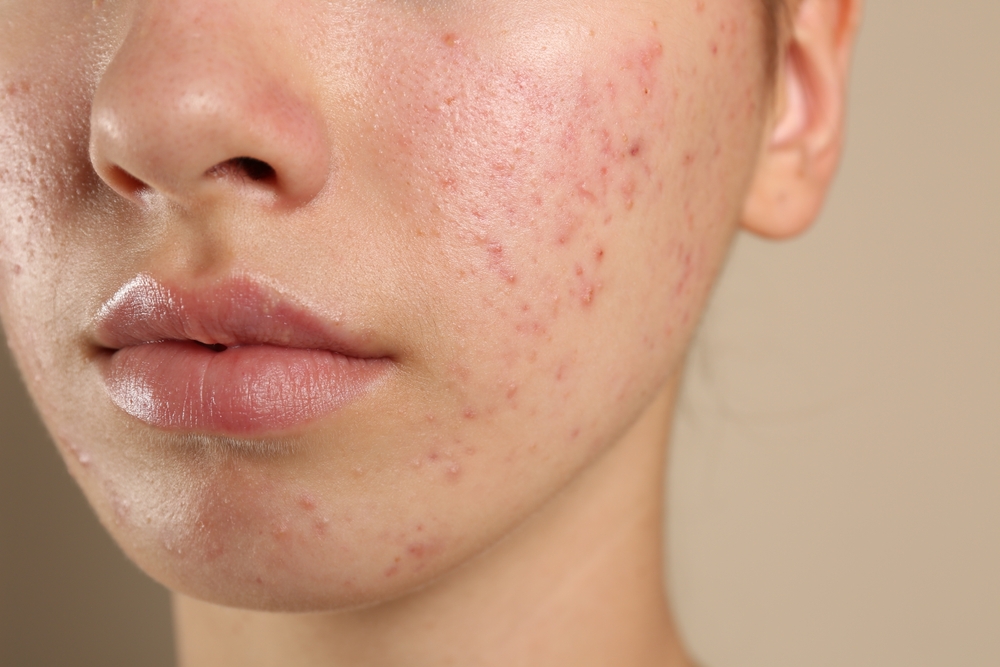 During periods of severe or cystic acne flare-ups, it may be advisable to postpone facial treatments until the condition stabilizes. Your dermatologist at Duncan Dermatology can recommend alternative treatments during these times.
During periods of severe or cystic acne flare-ups, it may be advisable to postpone facial treatments until the condition stabilizes. Your dermatologist at Duncan Dermatology can recommend alternative treatments during these times.
Certain medications or recent procedures may also make your skin temporarily unsuitable for facial treatments. Always inform your provider about any medications you’re taking or recent treatments you’ve received.
Schedule Your Acne Facial Consultation Today
Living with acne-prone skin can be challenging, but professional treatments tailored to your specific needs can help you achieve clearer, healthier skin. Specialized acne facials offer targeted benefits that general facials simply can’t provide.
If you have questions about your skin, schedule an appointment at Duncan Dermatology today!
